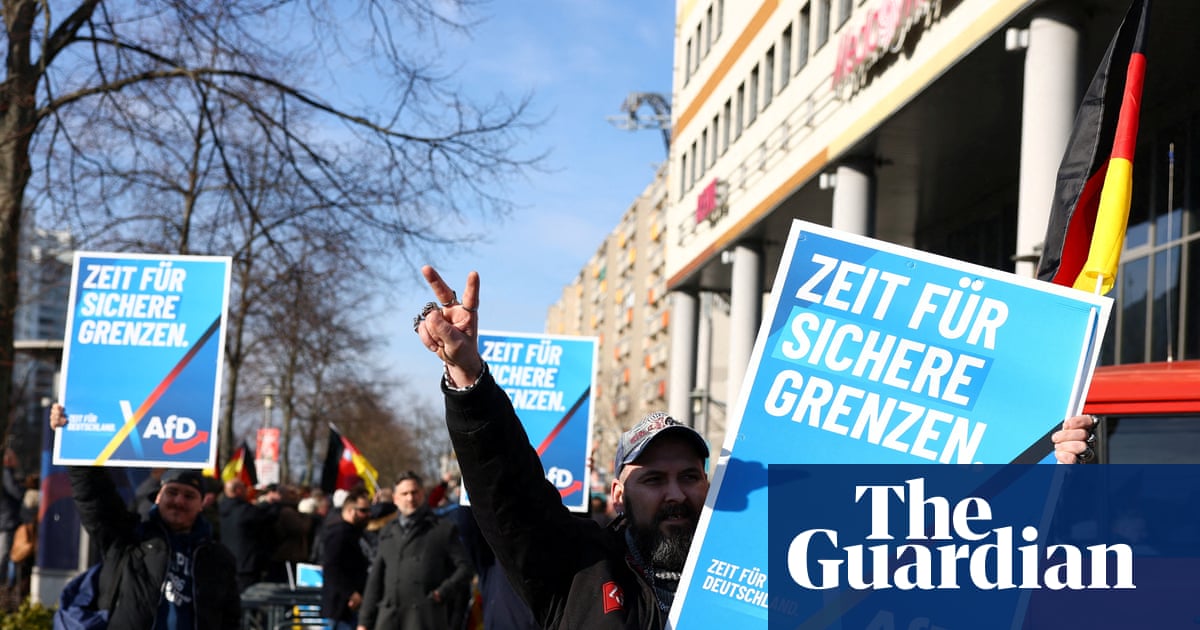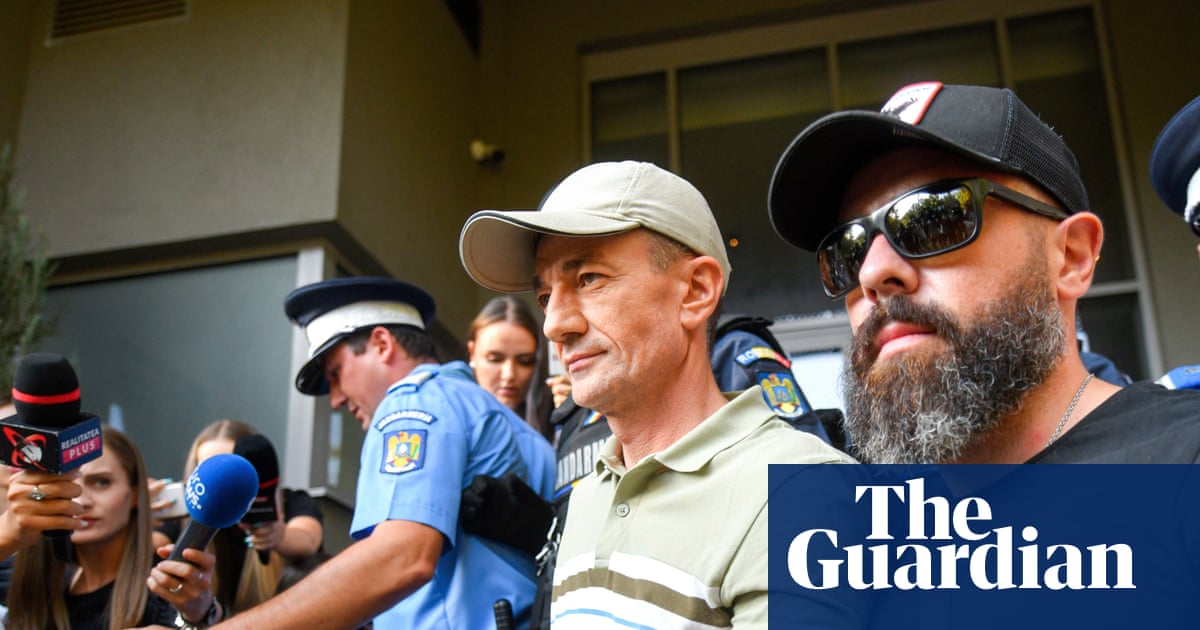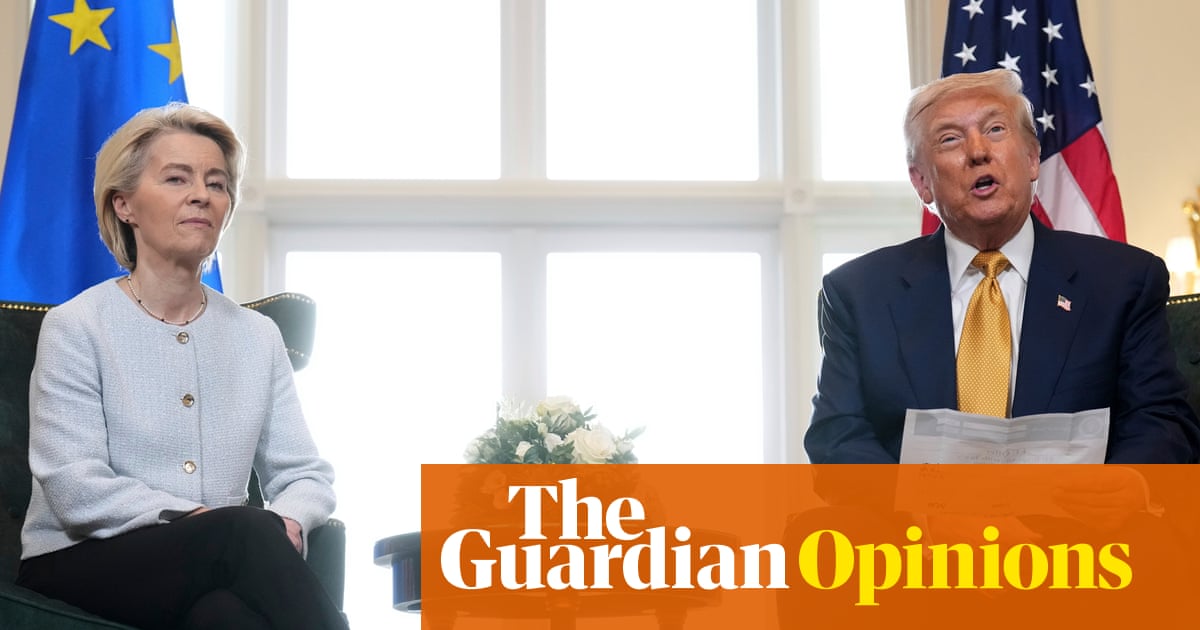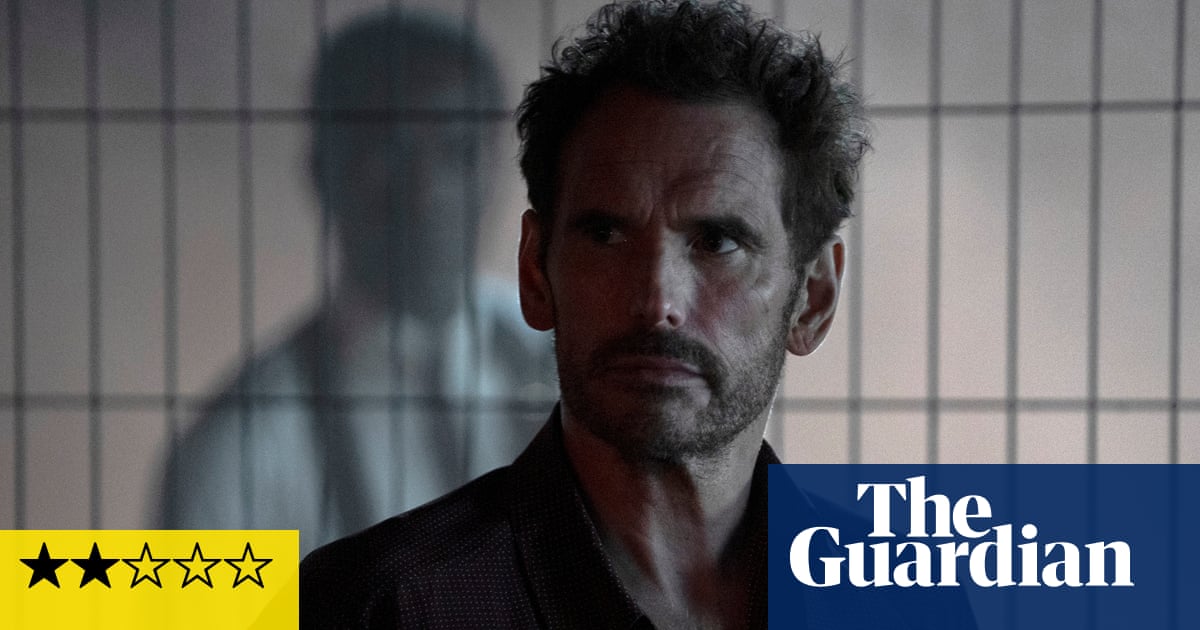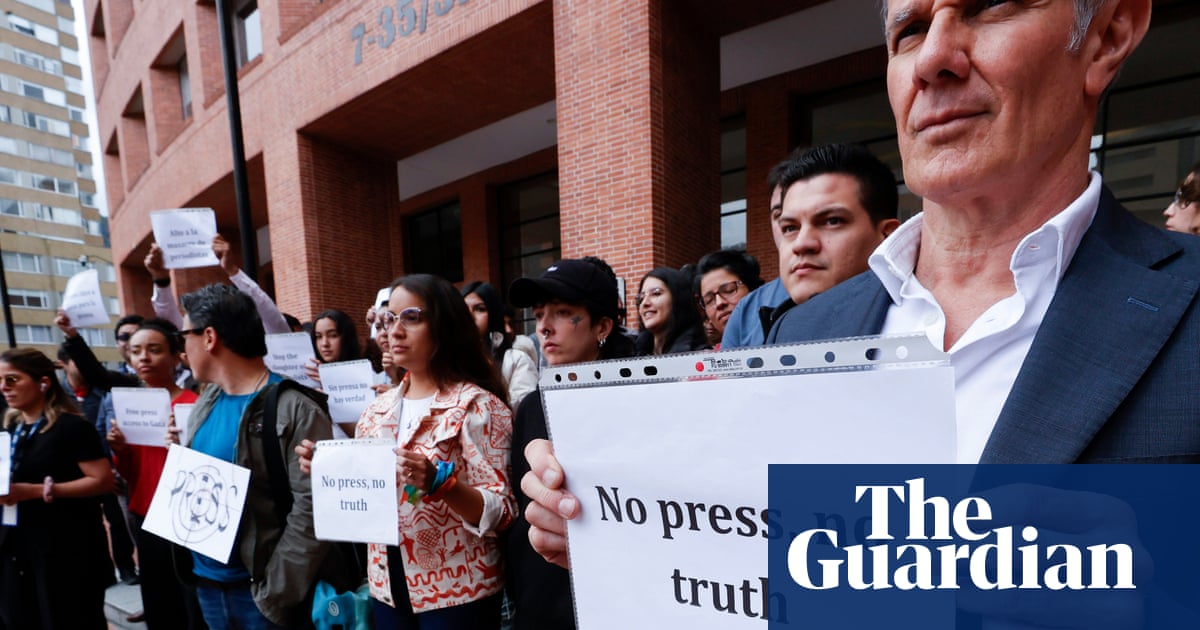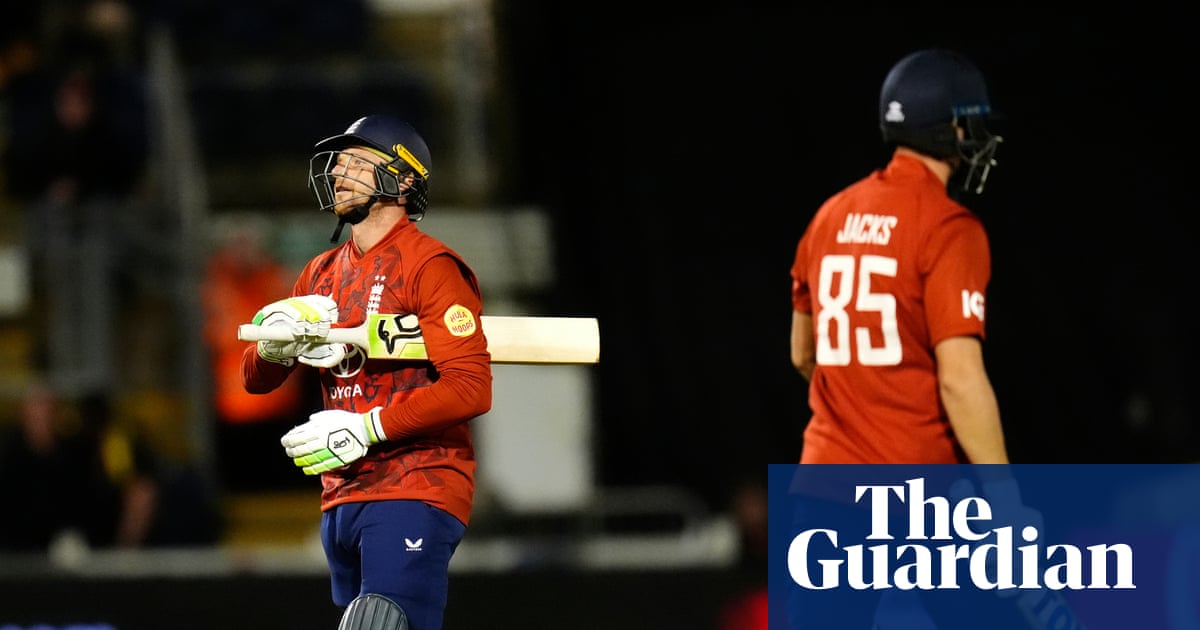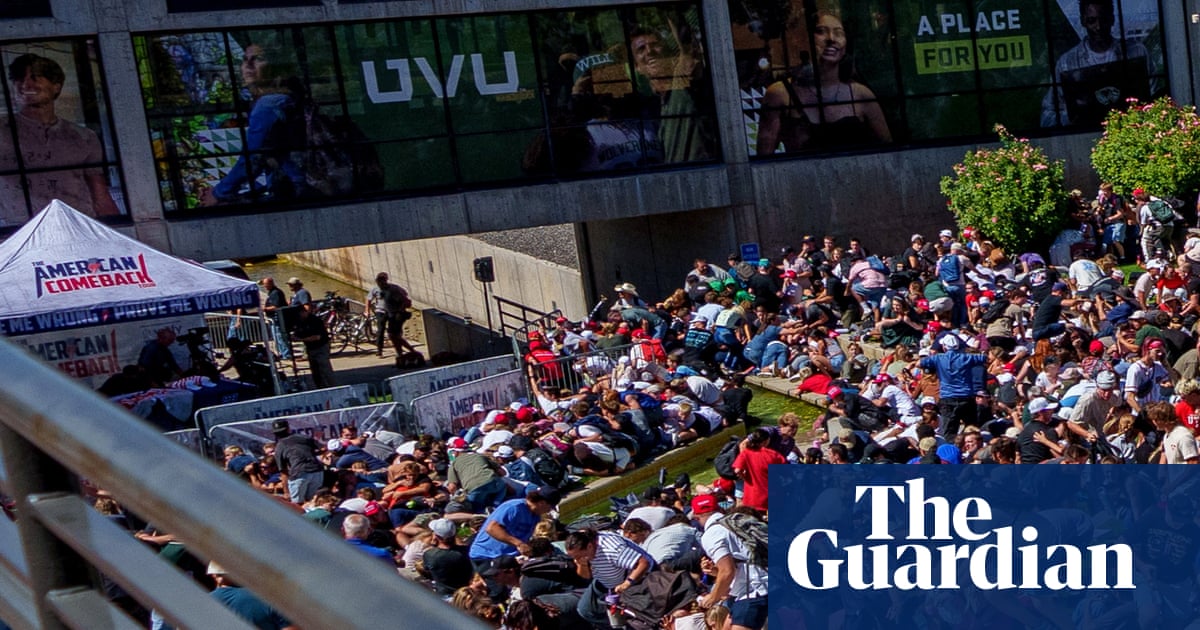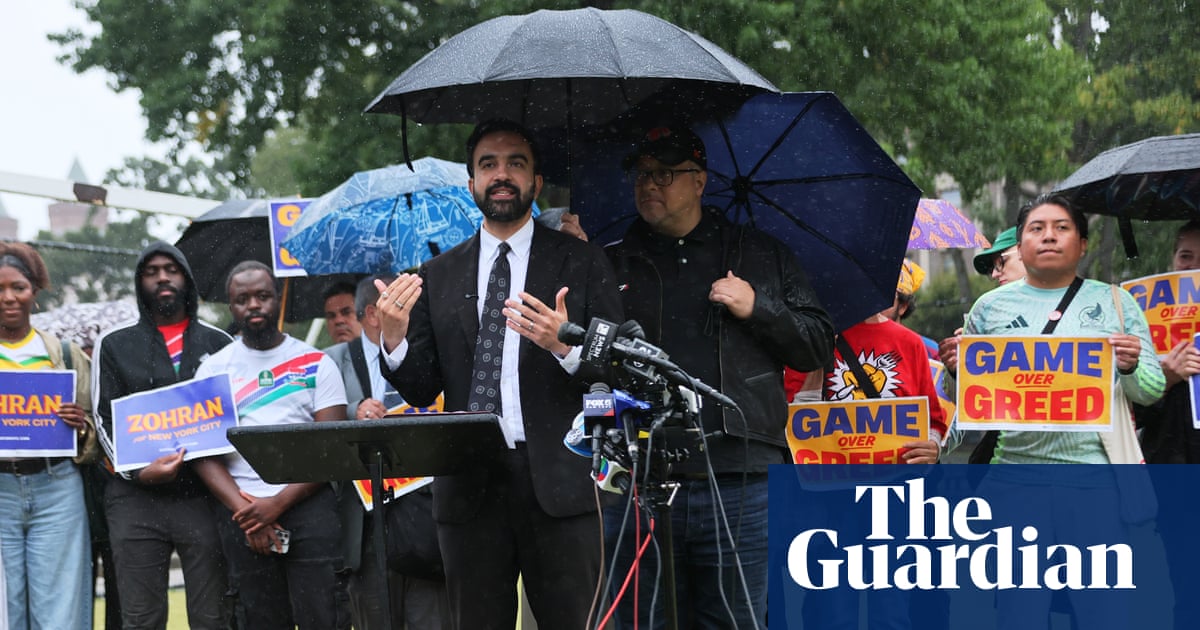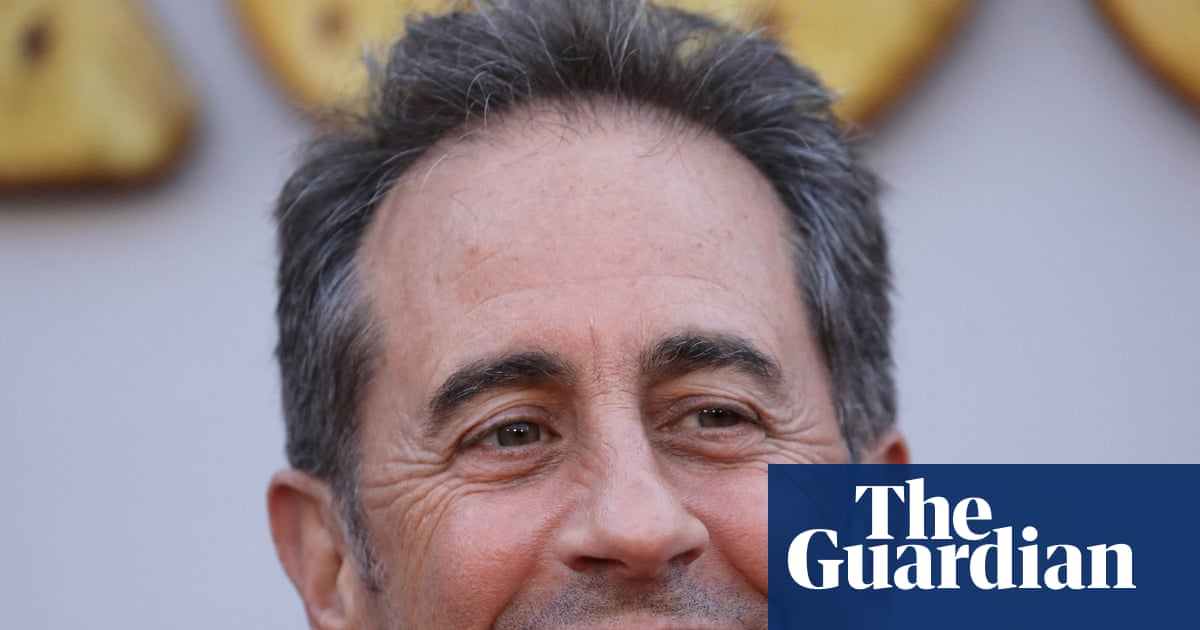What was striking on Saturday, after Crystal Palace had beaten Manchester City to win the FA Cup, was how many people were in tears. The camera roamed the stands, capturing the images of Palace fans in disbelief after winning their first ever major trophy. Some were hugging those next to them, some waved their arms incoherently and others just stared, overcome. But a significant proportion were sobbing. Soccer can often seem an angry game, with crowds fuelled by rage; this was something very different, very hard to explain.
Palace’s pre-match tifo had shown an image of a father hugging his two sons in the stand at Old Trafford after Darren Ambrose had scored a 35-yard drive there for Palace in a League Cup quarter-final in 2011-12. It turned out the two lads were among the Palace fans at Wembley and that their father had passed away in the intervening 13 years. They were, needless to say, also in tears.
Palace manager Oliver Glasner grasped the moment and its importance. After the win, there was no nonsense about kicking on and making this the first trophy of many. No talk of consolidation and growth and the bottom line. “The biggest achievement we can have,” he had told his players, “the biggest success we can have is not winning the trophy; it’s that we could give thousands of our supporters a moment for their lives. We can give them great times. Maybe they have problems at home, we give them hours and days they can forget all of this, and just be happy.”
There were lots of people weeping at Goodison Park on Sunday as well, as Everton bade farewell to the ground that has been their home since 1892. One fan there, Tommy Griffin, had been to his first game at Goodison in 1945 when he was three. The former Everton striker Duncan Ferguson spoke movingly on the pitch before the game of how many fans would be remembering those who weren’t there, the parents and grandparents they used to go to games with.
It seemed an extremely apt point, for soccer grounds have taken on a perhaps underappreciated importance in a world of increasing alienation. They are receptacles for the memories of a community, fulfilling the role that churches perhaps once performed. Soccer clubs have a vitally important social function, one that has belatedly been recognised in the discussion around the UK government’s new soccer regulator. They are not normal businesses, and it’s baffling that they are treated as such. And of course it’s enormously concerning that it’s been possible for these vital institutions to be sold off to such a dispiriting collection of states, oligarchs and private equity funds, none of whom will necessarily have the interests of that local community, the people who have built the club. At heart, modern soccer is the commodification of human emotion.
Perhaps it’s worth, at this point, a personal interjection. I try to remain objective but I am, unavoidably, from Sunderland. I watched the second leg of their play-off semi-final against Coventry at home, by myself. When Dan Ballard scored the 122nd-minute winner, I sobbed for about an hour. I’m not really sure I can articulate why. There’s every chance Sunderland will lose to Sheffield United in the play-off final next Saturday and whichever of those sides does go up will be overwhelming favourites to be relegated. I’m not sure it’s necessarily memories of my dad, who died in 2010 (although he did really dislike Coventry – see On This Day below); it’s something vaguer, an inchoate sense of fellowship with home, of shared experience of moments past. In that sense it’s just about lost time.
There’s been a lot of that about this season. For all that the end of the league campaign has felt anticlimactic, this has been a season that has provided a lot of joy to people unfamiliar with it. For Liverpool, the league title was only their second in 35 years, for Palace the FA Cup was the first major trophy in their history and for Newcastle the League Cup was their first trophy in 56 years. On Wednesday, in the Europa League final, Tottenham may lift their first trophy in 17 years.
Silverware doesn’t guarantee happiness – as demonstrated by the case of Tottenham’s opponents in Bilbao, Manchester United, who have won trophies in each of the last two seasons and remain thoroughly disillusioned – but for those who accept silverware as a once-in-a-generation, perhaps once-in-a-lifetime occurrence, it provides memories that last forever, generates the legends that bind communities together.
And that, frankly, seems a lot more valuable and a lot more interesting than a handful of super clubs grimly scrapping for trophies that soon become routine. The economics of soccer mean such seasons are rare and getting rarer, as power and resources become increasingly centred on a tiny handful of big sides.
We should cherish them while we still can – and perhaps remember why soccer matters.
after newsletter promotion
On this day …
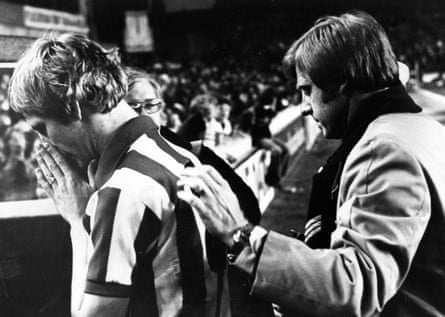
After winning the FA Cup as a Second Division team in 1973, Sunderland didn’t capitalise as many thought they would but, finally, in 1976 the remnants of that side were promoted. As their manager Bob Stokoe succumbed to ill health, though, they began their top-flight season appallingly. Stokoe was replaced by Jimmy Adamson but by the end of January, Sunderland were bottom of the table and seven points from safety (in the days when teams got two points for a win instead of three). Having little to lose, Adamson started picking youth, notably the forward Gary Rowell, the midfielder Kevin Arnott and the defender Shaun Elliott. Sunderland’s form improved dramatically. In successive home games they put four past Middlesbrough and six past both West Brom and West Ham.
A draw at Everton in their final game, played on 19 May 1977, would have seen them survive. They would have stayed up with defeat too, so long as the game between Coventry and Bristol City didn’t end in a draw. Kick-off at Coventry was mysteriously delayed by almost quarter of an hour. Sunderland lost 2-0 and, after the Coventry chair Jimmy Hill had the score announced, Coventry and Bristol City played out a 2-2 draw, saving both and dooming a beautiful young Sunderland team. Sunderland have hated Coventry ever since.
-
This is an extract from Soccer with Jonathan Wilson, a weekly look from the Guardian US at the game in Europe and beyond. Subscribe for free here. Have a question for Jonathan? Email [email protected], and he’ll answer the best in a future edition.

 3 months ago
45
3 months ago
45
